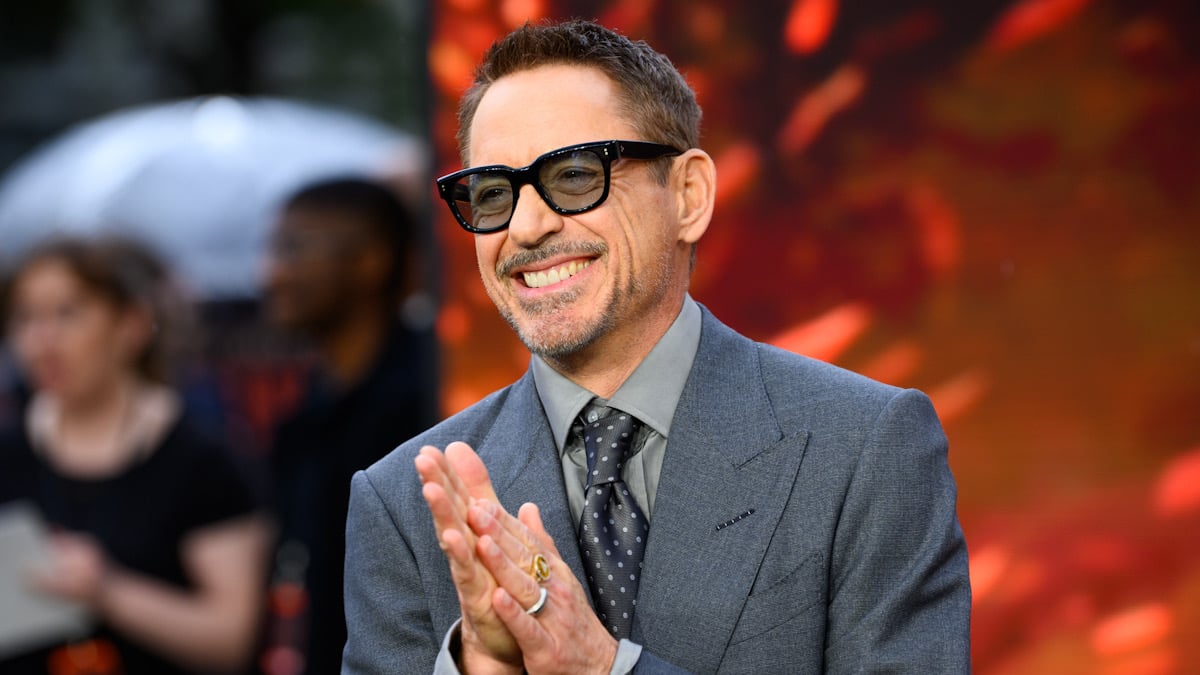With all that’s going on in the world, it’s nice to just have some news about our old pal Robert Downey Jr. In Oppenheimer, Downey plays US Atomic Energy Commission chair Lewis Strauss, a powerful figure who would go on to revoke J. Robert Oppenheimer’s security clearance. In honor of that character, Downey recently broke down some of his other notable roles.
One of his most famous is his Oscar nominated turn as classic silent-era comedian and superstar Charlie Chaplin. Downey provided a little insight into just how he handled that iconic role.
“Chaplin was an absolute gift and a real bear of a challenge for someone who was 25 when I was prepping to do it,” he said. “But there were all these people that were still around, just barely still around like Johnny Hutch, who came from The Benny Hill Show.”
Turns out Hutch, an acrobat, knew the guy who actually choreographed things with Chaplin. That proved to be a treasure trove, because “he actually had access to some of the books of really what the choreography was for some of this stuff.”
For context, here’s a little bit of that “choreography” he’s talking about.
“At a certain point I had a one way mirror with a TV with a TV playing VHS tapes of his old films and I would try to match up where his face was in mine and literally just mimic him.”
He kept this up, he said, for “hours and hours over a course of weeks and months. I employed every single way I could to try to show up for that role.”
Being so young when he took on the role also affected how he played it.
“When you’re 25 and you’re given the keys to the kingdom, you’re going to probably come out of center. Maybe out of fear maybe out of confidence. And for me, I at that point, not to boast, but I was as much of a Chaplin expert as anyone involved in the project.”
Honestly, just that level of preparation alone sounds exhausting. He also tried to correct factual inaccuracies, but he learned an important lesson: the best way to tell a story like that is to tell it just the way it happened.
Sounds like that’s something he employed in Oppenheimer, which is in theaters now.

